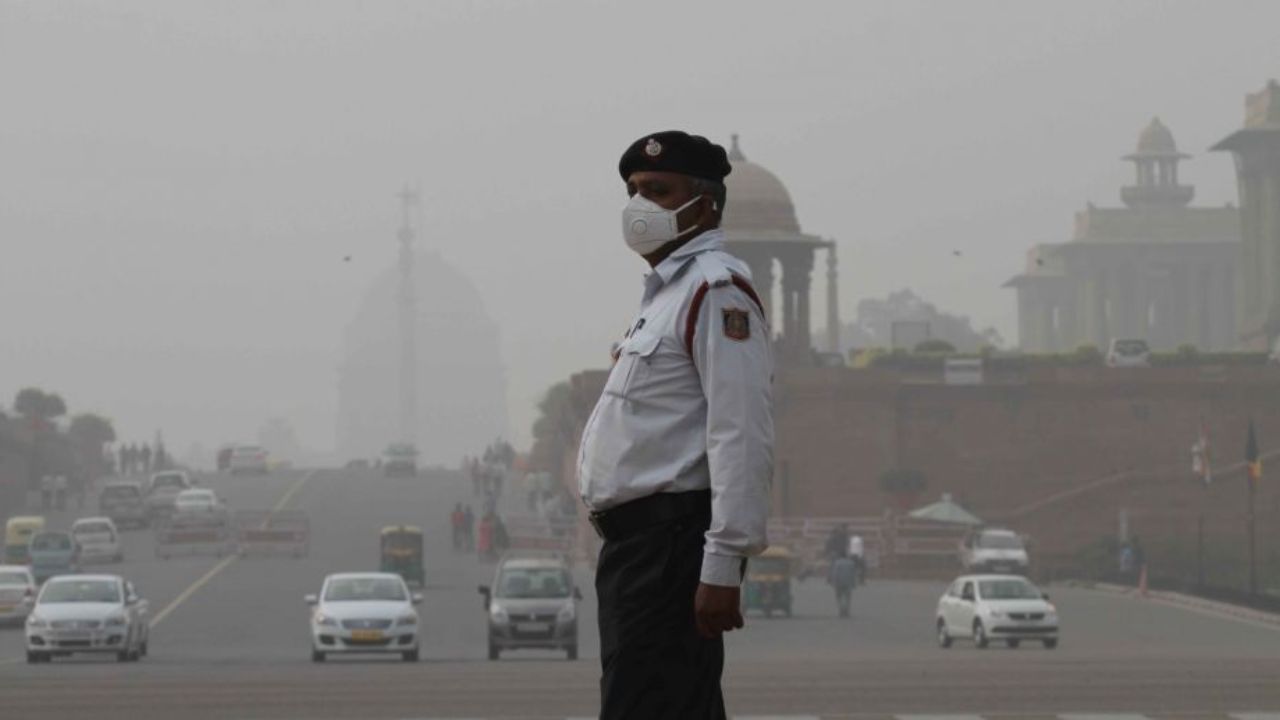‘I Was Gone’: Al Pacino Remembers Being Revived After Losing His Pulse During COVID-19 Pandemic; Here’s What Happens When the Heart Stops Beating
Legendary actor Al Pacino recently shared a terrifying experience from the early days of the COVID-19 pandemic, revealing that his infection in 2020 nearly took his life. In an interview with The New York Times,

Legendary actor Al Pacino recently shared a terrifying experience from the early days of the COVID-19 pandemic, revealing that his infection in 2020 nearly took his life. In an interview with The New York Times, he described feeling “unusually unwell,” suffering from fever and dehydration before his condition suddenly worsened.
“I was sitting there in my house, and I was gone. Just like that. I didn’t have a pulse,” Pacino recounted.
He recalled the frantic moments that followed: “In a matter of minutes, the ambulance was in front of my house. I had about six paramedics in that living room, along with two doctors dressed in outfits that looked like they were from outer space. It was shocking to open my eyes and see that. Everyone was around me, saying: ‘He’s back. He’s here.’”
Understanding the Implications of a Lost Pulse
A loss of pulse indicates that the heart has stopped pumping blood effectively, leading to a rapid decline in oxygen delivery to vital organs. If not addressed immediately, this can result in severe complications and even death. To shed light on the effects of cardiac arrest, we spoke to Dr. Prateek Chaudhary, a cardiologist at Asian Hospital.
Impact of Severe COVID-19 on the Heart and Circulatory System
Dr. Chaudhary explained, “COVID-19 primarily affects the lungs, but in severe cases, it can significantly impact the heart and circulatory system. The body’s fight against the infection triggers a strong inflammatory response, which can lead to myocarditis, causing inflammation and damage to the heart muscle. This can reduce the heart’s efficiency. Additionally, when the lungs are affected, it can result in severe hypoxia, further damaging the heart.”
He also noted that severe COVID infections could lead to thrombosis—clots forming in the arteries that supply blood to the heart and pulmonary vessels, resulting in myocardial damage and circulatory collapse. Dehydration and severe inflammation can further exacerbate these conditions, leading to hypotension (low blood pressure) and contributing to circulatory failure.
Immediate Medical Response to Cardiac Arrest
When a patient loses their pulse, the initial steps taken by medical professionals involve checking responsiveness and assessing breathing. The carotid pulse is checked for about 10 seconds. If both breathing and pulse are absent, immediate CPR is initiated.
“CPR is performed at a ratio of 30 chest compressions to 2 breaths, at a rate of 100 to 120 compressions per minute,” Dr. Chaudhary stated. “The compressions should push down on the sternum at least 2 inches deep, allowing for chest recoil.”
He explained that airways are secured, and the underlying causes of circulatory collapse are evaluated. If a shockable heart rhythm is detected, defibrillation is used to stabilize the arrhythmia. Additionally, intravenous fluids and medications are administered.
In severe COVID cases, complications such as inflammation, thrombosis, and lung damage can make revival efforts more challenging and increase the risk of organ damage.
Reviving a Patient After Pulse Loss
According to Dr. Chaudhary, CPR is typically performed for 30 to 45 minutes or until spontaneous breathing or a pulse returns. If, after this period, no pulse or respiration is detected, the patient is generally declared clinically dead. The speed of response and effectiveness of CPR are crucial for minimizing long-term damage and improving the likelihood of successful revival.
Effects of Pulse Loss on Other Organs
When the heart fails to pump blood effectively, Dr. Chaudhary explained, “Other organs begin to suffer due to a lack of oxygen supply.” The brain is particularly vulnerable, with the potential for neurological damage occurring within minutes of oxygen deprivation. While other organs can usually tolerate reduced blood flow longer than the brain, prolonged lack of oxygen can lead to significant complications.
If CPR is effective and recovery occurs quickly, long-term consequences can be minimized. However, if CPR is prolonged or ineffective, there is a high risk of brain damage, resulting in neurological deficits. Some patients may also experience lasting heart complications, such as reduced heart function, which can impact their quality of life later on.




